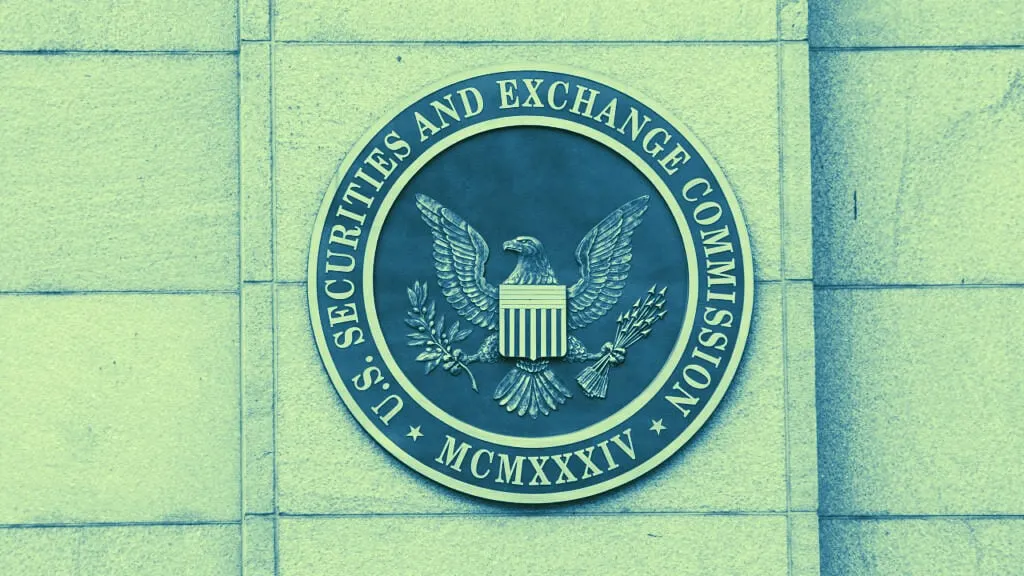The Commodity Futures Trading Commission (CFTC) has charged Pennsylvania native John Barry Thompson with allegedly defrauding would-be customers of $7 million-worth of BitcoinBitcoin, according to a statement today from the CFTC.
The complaint, filed in a New York District Court, accuses Thompson of making “false representations to customers,” misleading investors into thinking that he, or a company he was associated with, were in possession of bitcoins that were available for purchase in 2018.
Barry allegedly swayed two customers intro sending him a total of $7 million in exchange for the bitcoins, according to the CFTC. The funds, however, were not safeguarded and were quickly sent to outside third parties, the Commission claims. Not only did the customers not receive their bitcoins, but Barry allegedly lied to them repeatedly about the status of the transactions and the location of the coins in question. The case was filed by the CFTC Division of Enforcement Virtual Currencies Task Force.

SEC files suit against ICOBox, founder over $14 million ICO
The Securities and Exchange Commission (SEC) has filed a lawsuit in a California federal court against ICOBox and its founder, Nikolay Evdokimov, over an allegedly illegal $14 million securities offering that occurred in 2017. The lawsuit claims that ICOBox sold $14.6 million in unregistered digital assets—tokens known as “ICOS”—to more than 2,000 individuals. Court documents allege that the company made wild claims that the tokens would increase in value upon trading, and that they could be tra...
“Fraudulent schemes, like that alleged in this case, undermine the integrity of new and innovative markets and cheat innocent people out of their hard-earned money,” CFTC director of enforcement James McDonald explained in a statement. “Rooting out misconduct involving crypto assets is essential to furthering the responsible development of this nascent space.”
The CFTC is seeking civil monetary penalties, disgorgement and restitution from Thompson. It is also looking into banning him permanently from crypto trading and respective exchanges. Said McDonald: “The CFTC will continue to work to hold fraudsters accountable, and where appropriate, operate in parallel with our criminal law enforcement colleagues.”
While it’s usually the SEC making headlines for its crusade against alleged crypto fraudsters, the CFTC has been involved in its own fair share of enforcement actions in the industry.
According to a report first issued by Bloomberg, the Commission is currently investigating overseas crypto exchange BitMEX, which may have violated certain rules by allowing U.S. residents to take part in trades and crypto-based transactions through its trading platform.




